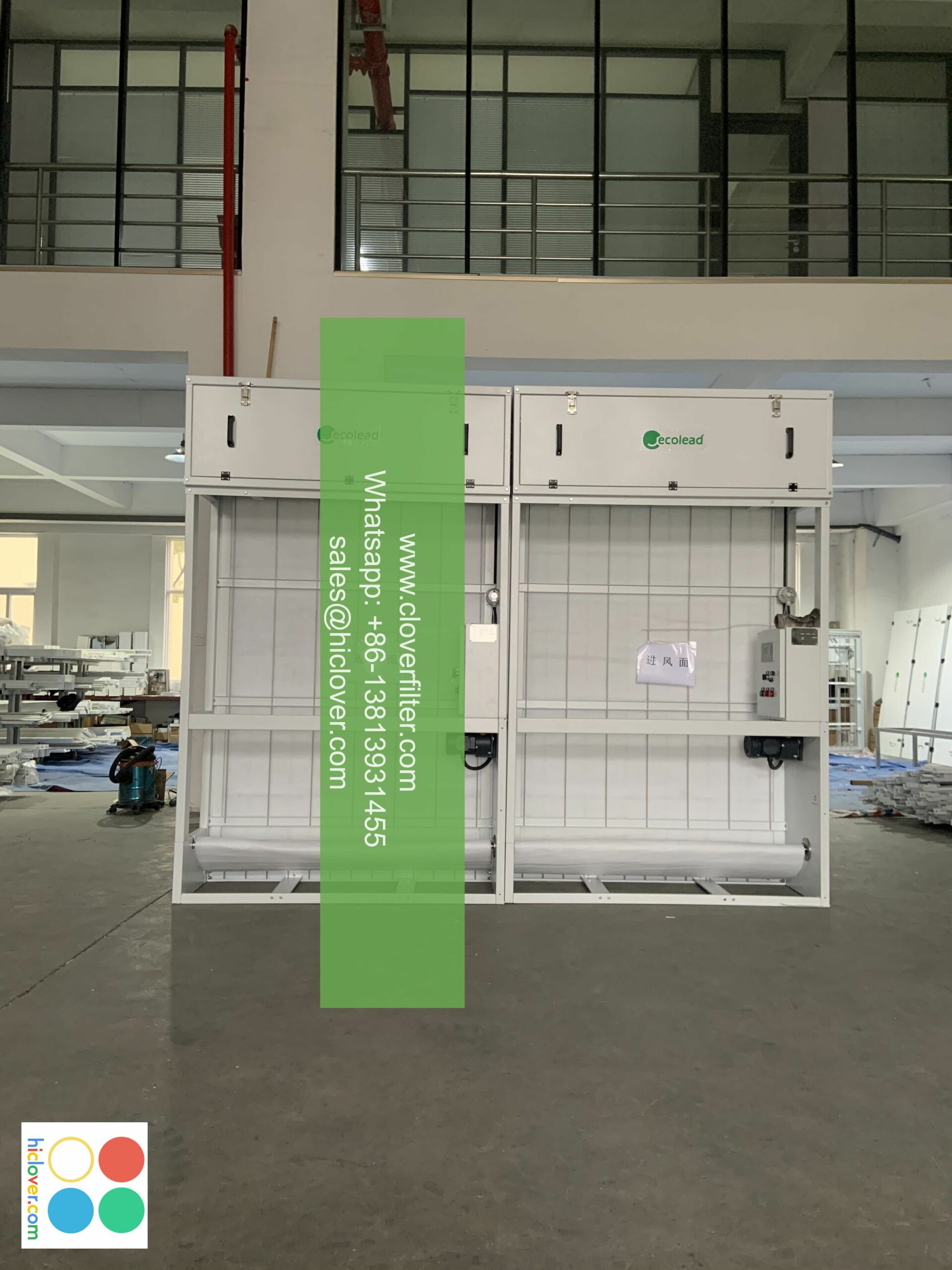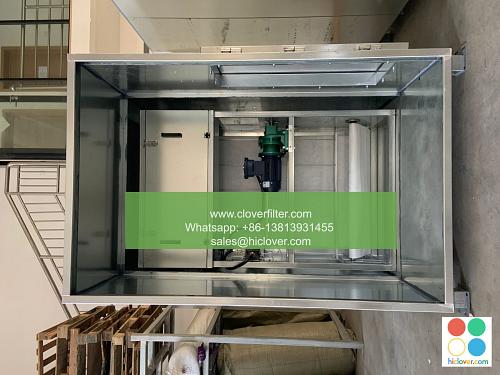Air Filter Compliance and Enforcement: A Guide to Industry Best Practices

The importance of air filter compliance and enforcement cannot be overstated, particularly in industries where air quality has a direct impact on occupational health and safety, environmental sustainability, and regulatory adherence. In this article, we will delve into the world of air filtration, highlighting various application areas, industry standards, and best practices for ensuring compliance and effective enforcement.
Introduction to Air Filter Compliance
Air filter compliance refers to the adherence to established industry regulations and standards for the design, installation, and maintenance of air filtration systems. This includes HEPA filters, activated carbon filters, and other types of air purification technologies. Compliance is critical in industries such as healthcare, manufacturing, and food processing, where airborne contaminants can pose significant risks to human health and product quality.
Key Regulations and Standards
Several regulatory bodies and industry organizations have established guidelines and standards for air filter compliance, including:
* OSHA (Occupational Safety and Health Administration) regulations for indoor air quality and respiratory protection
* ASHRAE (American Society of Heating, Refrigerating, and Air-Conditioning Engineers) standards for ventilation and air filtration
* ISO 16890 standards for air filter testing and classification
* EU directives for emission control and air pollution prevention
Best Practices for Air Filter Compliance
To ensure compliance with established regulations and standards, industries can follow these best practices:
* Regular maintenance and inspection of air filtration systems
* Proper installation and commissioning of air filters
* Training and education for personnel responsible for air filter maintenance and operation
* Record keeping and documentation of air filter testing and maintenance
* Continuous monitoring of air quality and filtration system performance
Application Areas for Air Filter Compliance
Air filter compliance is crucial in various application areas, including:
* Healthcare facilities: hospitals, clinics, and nursing homes
* Manufacturing plants: industrial facilities, cleanrooms, and laboratories
* Food processing plants: food manufacturing, packaging, and storage facilities
* Commercial buildings: offices, schools, and shopping centers
* Industrial processes: chemical processing, pharmaceutical manufacturing, and oil refining
Enforcement and Compliance Tools
To ensure effective enforcement and compliance, industries can utilize various tools and technologies, including:
* Air quality monitoring systems
* Filtration system controls and automation
* Compliance software and record keeping systems
* Training and education programs
* Auditing and inspection services
Conclusion
In conclusion, air filter compliance and enforcement are critical components of industry best practices for ensuring occupational health and safety, environmental sustainability, and regulatory adherence. By understanding industry regulations and standards, and implementing best practices for air filter maintenance and operation, industries can minimize risks and ensure compliance in various application areas. By highlighting the importance of air filter compliance and enforcement, we hope to promote a culture of safety, sustainability, and responsibility in industries where air quality matters. You haven’t asked a question or provided any context. Can you please provide more information or clarify what you would like to know? I’ll do my best to assist you. What’s on your mind?

